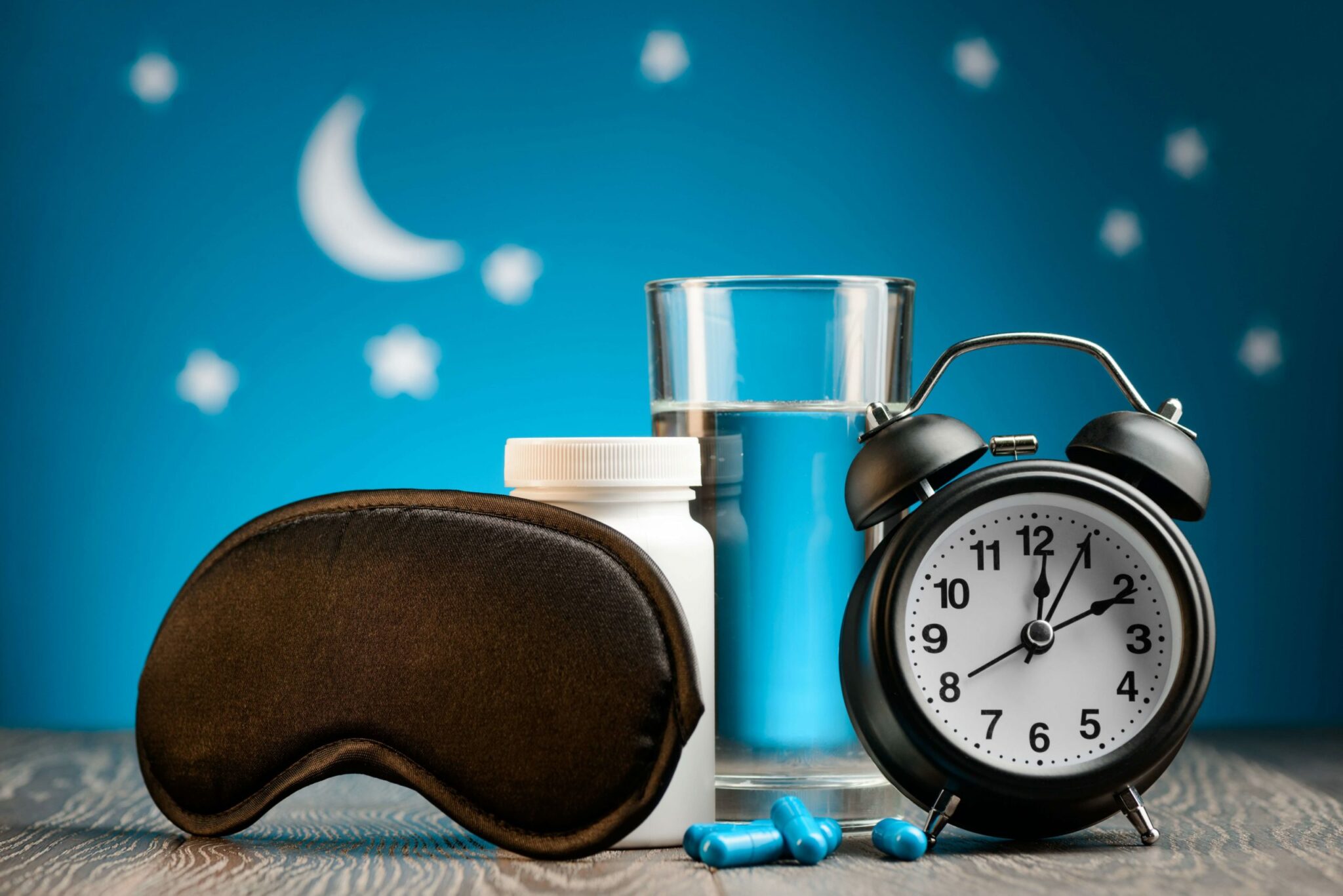What is Insomnia?

Insomnia is one of the most prevalent sleep disorders, affecting up to 15% of the general population and as many as 18% of the population of the Middle East, where cultural factors can also play a role. Extreme daytime temperatures and periods of religious fasting followed by feasting at nightfall, or prayer at the first sign of dawn, can all contribute to unusual sleeping habits. Insomnia predisposes an individual to depression, anxiety and a more intense response to stressful events. It can also have a negative effect on memory, mood and attention span.
Those who regularly sleep for just short periods at a time have an increased risk of developing obesity, heart disease, type 2 diabetes and depression. Sleep is also a critical component of healthy development, which is why babies spend so much time sleeping.
Insomnia is generally defined as a difficulty in falling asleep or staying asleep. It can also manifest as persistently waking up early, with an inability to fall back to sleep. In brief, insomnia occurs when a person experiences insufficient sleep duration and quality. So with sleep duration being so important, how much sleep does the average person require? Unsurprisingly, this varies person to person and changes with age, but the National Sleep Foundation suggests:
[table id=1 /]
Insomnia can be treated with medication; antidepressants, antihistamines, barbiturates and tranquilizers. However, these drugs have significant side effects, meaning that doctors have a responsibility to investigate other options first. In the treatment of insomnia, adverse effects such as dependency, cognitive impairment and excessive daytime sleepiness means that the hazards posed by those agents listed above often outweigh any benefits obtained.
To avoid unwanted side effects and long-term medication, many people opt for more natural approaches to manage their insomnia. These include the adoption of lifestyle changes and use of dietary supplements.
It is important to remember that sudden, unexplained insomnia may be a symptom of a more serious underlying health issue, or a consequence of treatment you are undergoing. Therefore, you should always speak to your doctor before starting any treatment. Establishing the cause of your insomnia will help with the personalisation of an optimal management strategy.
To read more about insomnia click here.
Nabta is reshaping women’s healthcare. We support women with their personal health journeys, from everyday wellbeing to the uniquely female experiences of fertility, pregnancy, and menopause.
Get in touch if you have any questions about this article or any aspect of women’s health. We’re here for you.
Sources:
- Chaput, Jean-Philippe, et al. “Sleeping Hours: What Is the Ideal Number and How Does Age Impact This?” Nature and Science of Sleep, vol. 10, 27 Nov. 2018, pp. 421–430., doi:10.2147/nss.s163071.
- Hirshkowitz, Max, et al. “National Sleep Foundation’s Sleep Time Duration Recommendations: Methodology and Results Summary.” Sleep Health, vol. 1, no. 1, Mar. 2015, pp. 40–43., doi:10.1016/j.sleh.2014.12.010.
- Khalladi, Karim, et al. “Inter-Relationship between Sleep Quality, Insomnia and Sleep Disorders in Professional Soccer Players.” BMJ Open Sport & Exercise Medicine, vol. 5, no. 1, 24 Apr. 2019, doi:10.1136/bmjsem-2018-000498.
- “Sleep Disorders: In Depth.” National Center for Complementary and Integrative Health, U.S. Department of Health and Human Services, 20 Nov. 2018, nccih.nih.gov/health/sleep/ataglance.htm.










